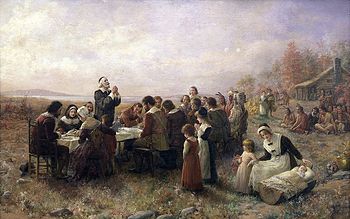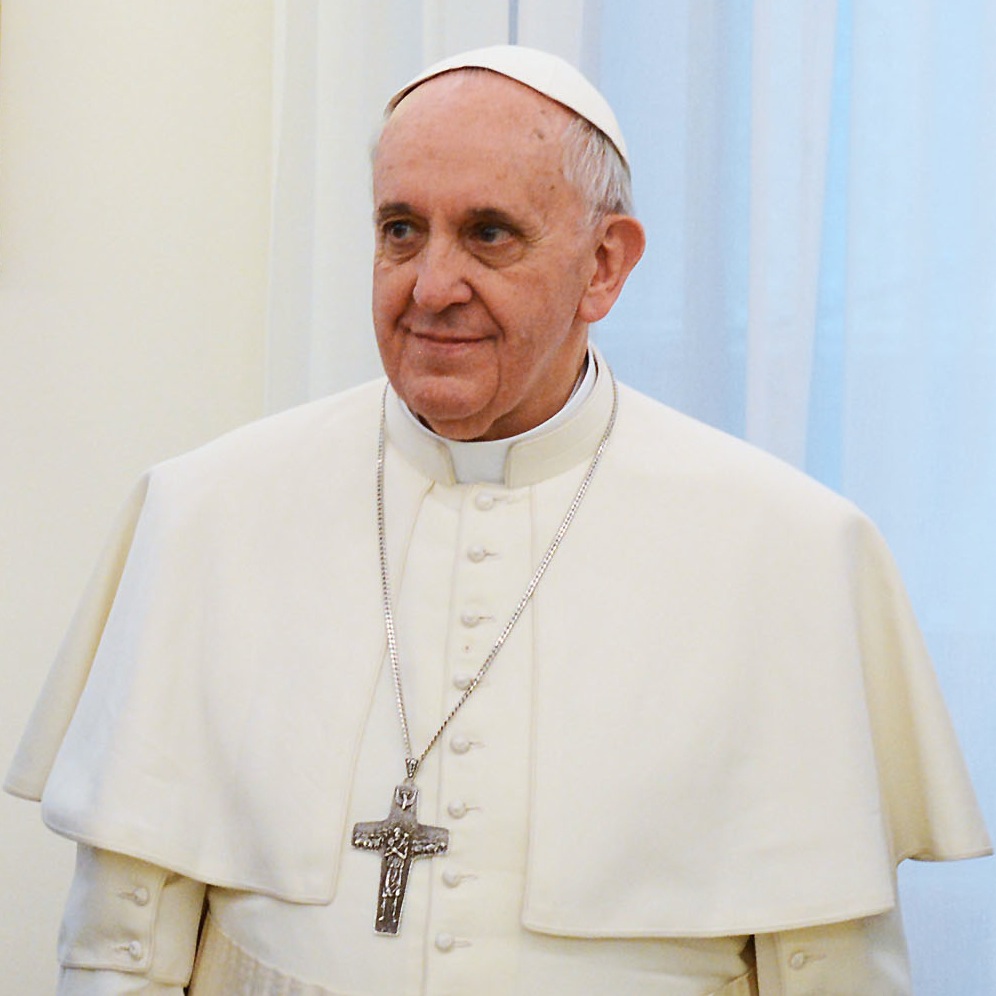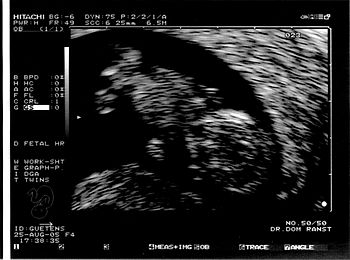How Catholics Should Give and Receive Criticism
Time for a touchy subject — criticism. Have you noticed how intolerant everyone appears to get at the slightest hint of criticism? I understand that no one enjoys criticism, even constructive criticism. But in the last few years, how society views criticism has changed. Instead of it as something you either accept or ignore, criticising […]
How Catholics Should Give and Receive Criticism Read More »









